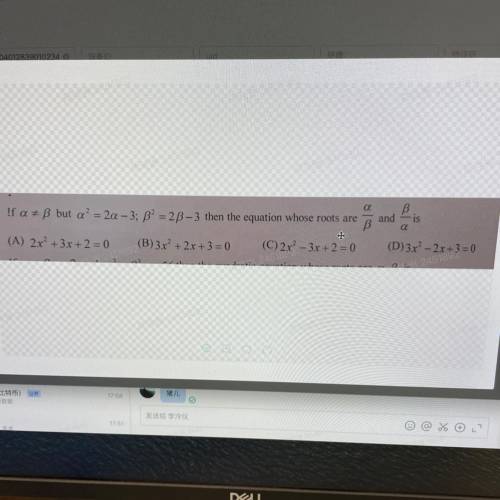(a) common ratio in the given sequence is, 3
(b)  push ups will do kendall do on the 20th week
push ups will do kendall do on the 20th week
step-by-step explanation:
geometric sequence is a sequence of numbers that follows a pattern were the next term is found by multiplying by a constant called the common ratio(r)
(a)
given the sequence: 6 , 18 , 54 , 162 ,
this sequence is geometric sequence where each term is 3 times the previous term.
therefore,
common ratio(r) = 3.
(b)
a formula for nth term of geometric sequence is given by;
 , where r is the common ratio between the successive terms and
, where r is the common ratio between the successive terms and  is the first term,
is the first term,
to find how many push ups will kendall do on the 20th week.
here. n = 20th term.
in the given sequence first term  = 6)
then;


simplify:

therefore,  push ups will do kendall do on the 20th week
push ups will do kendall do on the 20th week



























